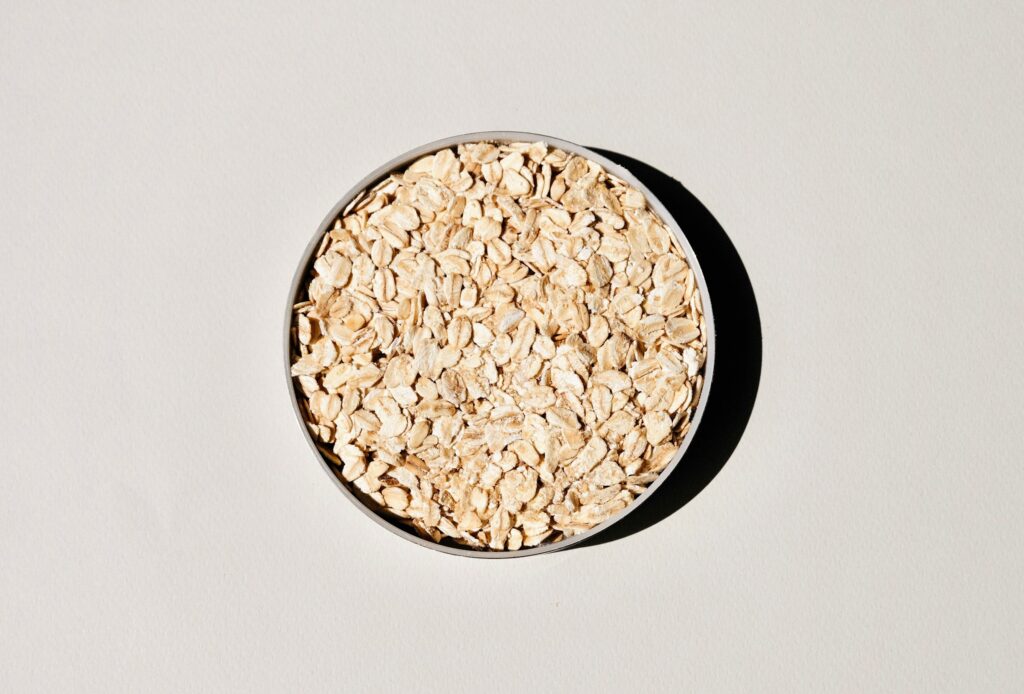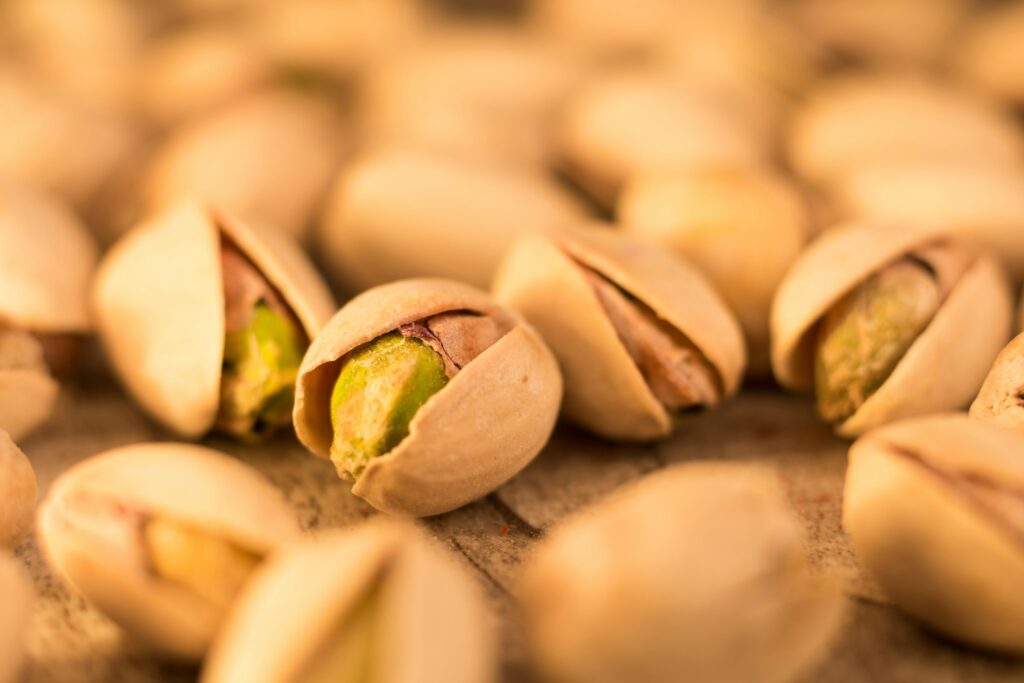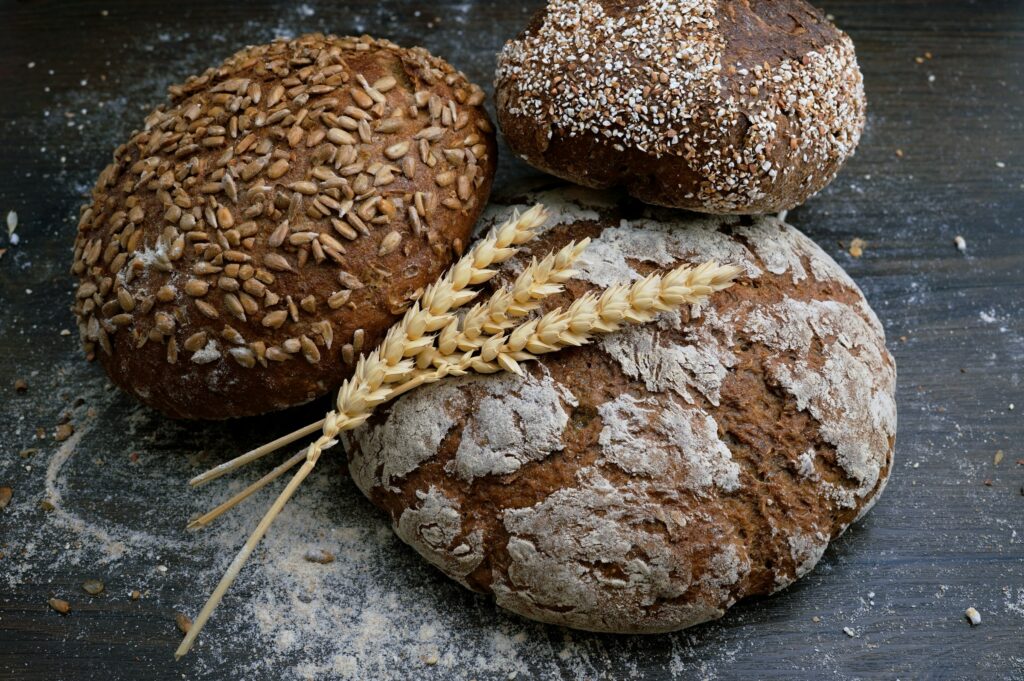Scientifically-backed foods may prevent clogged arteries, enhancing cardiovascular health.
The leading cause of death in Australia is coronary heart disease, constituting 10.8% of all fatalities according to the ABS. This condition arises from the blockage of arteries by fatty plaque containing calcium, cholesterol, and other circulating substances in the blood.
Cardiologist Dr. Florian Rader says that there is no one magic food that acts like Drano and cleans out the accumulated plaque. Good habits can help slow down that process and maintaining a healthy weight and diet is one factor you can control to a great degree. It’s never too late to start.
Oats

Take a positive step toward maintaining healthy arteries with oats. For over 20 years, we’ve recognised the heart-healthy advantages of these whole grains, and ongoing research continues to reveal new benefits.
According to dietitian Bonnie Taub-Dix, author of Read It Before You Eat It: Taking You from Label to Table, the primary benefit lies in their abundant supply of soluble fibre, proven to reduce levels of the harmful LDL cholesterol. Dr. Rader explains why this is beneficial for arteries: “Cholesterol can seep into the inner layer of blood vessels and form plaque over time.”
Considering that many of us consistently lack sufficient fibre, the four grams per cup provided by oats are a valuable addition.
Beans
Black beans, boasting three times the amount of soluble fibre per cup compared to oats, are an excellent source of this heart-healthy component. Colourful varieties like black beans and red kidney beans contain antioxidants that combat inflammation, a contributing factor to heart disease.
Lentils
Lentils stand out as a nutritious choice for overall cardiovascular health. These protein-packed discs, belonging to the legume family alongside beans, offer similar health benefits. Preliminary research in rats suggests that lentils may reverse damage to blood vessels caused by high blood pressure.
Furthermore, lentils lead the way in protein and fibre content, with minimal fat. They also contain calcium, potassium, and magnesium — minerals known to contribute to lowering blood pressure.
Fish
A significant portion of research on omega-3 fatty acids concentrates on brain health. However, these powerful anti-inflammatories also offer benefits for cardiovascular health.
Research indicates a connection between inflammation in the body and various chronic diseases and conditions, including plaque buildup, according to Dr. Rader. Therefore, there is speculation that reducing inflammation may mitigate plaque formation in arteries.
Consuming fatty fish such as salmon and mackerel is one way to ensure an adequate intake of omega-3s. Aim to include these fish in your diet at least twice a week, as suggested by Taub-Dix.
Avocados
In the past, fats of any kind were considered detrimental to heart health. However, recent research has overturned this notion. Studies reveal that mono- and polyunsaturated fats, present in avocados, contribute to heart health by lowering bad LDL cholesterol and increasing good HDL cholesterol, says Taub-Dix.
Pistachios

Nuts are a valuable source of heart-healthy fats, and pistachios offer an additional benefit. They are rich in plant sterols, the same compounds found in cholesterol-lowering products that inhibit cholesterol absorption in the gut, according to dietitian Karen Ansel, RD, author of Healing Superfoods for Anti-Aging: Stay Younger, Live Longer. If you have a nut allergy, you can also obtain plant sterols from sesame seeds.
Turmeric
In recent years, an increasing number of people have recognised the health-boosting properties of turmeric, a brilliant yellow spice traditionally used in Indian cuisine. The substance curcumin, present in turmeric, acts as an antioxidant that may help prevent the accumulation of fatty deposits, potentially blocking arteries, as mentioned by Ansel. If you’re not a fan of curry, consider trying a golden latte made with turmeric.
Broccoli
While scientists have long acknowledged the cancer-fighting properties of cruciferous vegetables like broccoli, recent research is exploring broccoli’s role in heart health. Evidence suggests that a compound called sulforaphane in broccoli may support the body’s natural defences against arterial clogs by activating a specific type of protein, according to Ansel. Broccoli also contains fibre and anti-inflammatory properties.
Asparagus
Considered another green giant in promoting heart health, these fibrous stalks are abundant in quercetin, a phytonutrient that hinders plaque from adhering to your arteries. Whether you have a family history of heart disease or are simply aiming to prevent it, asparagus should top your shopping list, according to Ansel.
Watermelon
The reason cardiologists focus on monitoring your blood pressure lies in its potential to wear down the lining of your blood vessels, reducing their elasticity and normal function. This deterioration can heighten your risk of a heart attack or stroke.
Enter watermelon, the juicy solution. Ansel notes that watermelon is the number one source of citrulline, an amino acid, aids in producing nitric oxide, potentially assisting in maintaining relaxed and pliable blood vessels.
Whole grains

Despite the misconception that carbs are detrimental, whole grains, even in bread and pasta, are integral to a heart-healthy diet. An analysis in the Archives of Internal Medicine revealed that for every 10 grams of whole grains consumed daily, the risk of heart disease decreased by 14%, and the odds of dying from a heart attack fell by 25%.
Nutritionist Angela Lemond attributes this to the high fibre content in whole grains, which helps remove cholesterol from the body. Swapping refined grains for unprocessed ones can maximise these benefits.
Milk with DHA
As arteries age and stiffen, blood flow can become restricted. To counteract this, Lemond recommends omega-3 fatty acids, particularly docosahexaenoic acid (DHA). While DHA is commonly found in seafood, those not fond of fish can opt for DHA-fortified milk and eggs.
Potatoes
Despite common misconceptions, potatoes can be included in a nutritious diet. Packed with potassium, offering more than double the amount found in an average banana, they play a key role in regulating blood pressure. Potatoes also contain a decent amount of fibre. To keep them a healthy choice, avoid deep-frying or excessive use of butter and sour cream.
Chocolate
To promote arterial health, consider incorporating chocolate into your diet. Cocoa beans are abundant in flavanols, plant compounds renowned for their antioxidant properties, potentially benefiting your heart.
A 2017 analysis of chocolate research published in the journal Nutrients revealed that individuals who regularly consumed chocolate in moderation experienced a reduced risk of heart failure. Nutritionists advocate for dark chocolate with a high cacao percentage (above 70%), as it contains more beneficial compounds.
Coffee
Similar to various beans, coffee beans, and the resulting java, provide valuable antioxidants. Research suggests that coffee may have the potential to lower the risk of cardiac disease, with caffeine potentially benefiting heart health. Recent studies administering mice the caffeine equivalent of four cups of coffee observed improved efficiency in the cells lining the blood vessels.
Wine

While nutritional guidelines acknowledge the potential heart benefits of moderate wine consumption, Dr. Rader advises caution. The relationship between drinking wine and lower heart disease risk lacks a direct cause-and-effect link; rather, it is observed that individuals with a lower risk of heart disease tend to consume wine.
Moderation is key, with a recommended limit of no more than one 120ml glass of wine per day for women and two for men. Similar benefits may be obtained from other types of alcohol.
Eggs
Contrary to past warnings about cholesterol content, research indicates that the cholesterol in eggs has minimal impact on blood cholesterol levels. Fats in eggs may even boost beneficial HDL cholesterol, preventing plaque buildup in vessel walls.
A study in China published in the journal Heart suggested that a moderate egg intake (less than one per day) was associated with an 11 percent lower risk of heart disease compared to never eating them.
Berries
Rich in fibre and antioxidants, berries may contribute to heart health. A study published in Circulation: The Journal of the American Heart Association found that consuming three servings of berries per week could reduce the risk of a heart attack by a third in women. Researchers attribute this benefit to anthocyanins, compounds in berries that may help dilate blood vessels, facilitating smoother blood flow.
Green Tea
Green tea offers numerous health benefits, including potential advantages identified by British researchers. Focusing on the compound EGCG, which shows promise in treating Alzheimer’s disease, they discovered its ability to shrink fatty deposits on artery walls. Previous research has also demonstrated green tea’s potential to lower bad LDL cholesterol and triglyceride levels.
Fermented Foods
Probiotics, known for supporting healthy gut bacteria, can be obtained from fermented foods like kimchi, yoghurt, tepache, and kombucha. Emerging research suggests that these foods, rich in beneficial bacteria, may contribute to lowering blood pressure and bad LDL cholesterol levels.
The A.S.A.G. Reverse Mortgage
The A.S.A.G. Reverse Mortgage serves as a valuable support tool for seniors aiming to adopt a nutritious and balanced diet. By unlocking the equity in your home, you can finance various aspects of your retirement expenses.
Prioritising healthy choices is necessary for your well-being. Consult with your family and a registered dietitian to facilitate meal planning, including the selection of healthier food options and learning how to prepare them.
For more information on our equity release options, please do not hesitate to reach out. You can contact us by phone at 1300 002 724 or via email at info@asagfirst.com.au.
Also, use the tool below to assess your available equity.
DISCLAIMER: This article is for informational purposes only and is not meant to replace official medical or nutritional advice. The A.S.A.G. is not affiliated with any agricultural produce company or food manufacturer. Please consult your GP and a licenced dietitian.